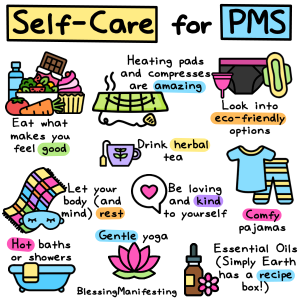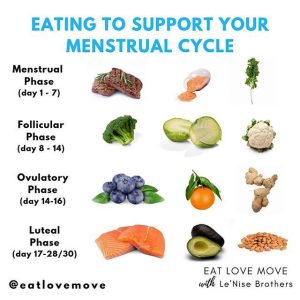Understanding Nail Biting and Onychophagia
What is Onychophagia? Nail biting generally starts in childhood and is a habit that people often outgrow. It can however develop in adults, usually at a time when they are dealing with stress or feeling anxious. Nail biting is a common habit where people bite the nails and surrounding skin, it often causes no problems,…
What is Onychophagia?
Nail biting generally starts in childhood and is a habit that people often outgrow. It can however develop in adults, usually at a time when they are dealing with stress or feeling anxious. Nail biting is a common habit where people bite the nails and surrounding skin, it often causes no problems, but if it becomes extreme and causes a person to suffer from distress, anxiety or physical health issues it is referred to as onychophagia and requires treatment, as it may be an underlying symptom of a mental health condition.
This can include conditions such as other BRFB’s (body focused repetitive behaviours) such as hair pulling, skin picking or teeth grinding as well as conditions like Tourette syndrome, separation anxiety, oppositional defiant disorder, ADHD (attention deficit hyperactivity disorder) and OCD (obsessive compulsive disorder).
Causes
No one really knows what causes people to bite their nails, some people do it as a learned behaviour if their parents were nail biters. Boredom, frustration, anxiety or simply a nervous habit can also be reasons for people to start biting their nails.
Symptoms
· Feeling anxious or distressed before biting their nails
· Fear of peoples reaction when they see their nails in case it’s negative
· Feeling ashamed, embarrassed, anxious or guilty often related to the damage they have caused to their nails and skin
· Feelings of pleasure or relief after biting their nails
· Social withdrawal due to a fear of being mocked or shamed
Associated Conditions or Risks
Extreme nail biting can cause problems such as:
· Damage to the nail, fingers, cuticle or surrounding skin
· Bacterial infections
· Low self-esteem or feelings of shame and embarrassment
· Mouth injuries, dental issues or abscesses
Self Help
There are many different ways you can help yourself to stop biting your nails these include:
· Keep your nails short as this makes it harder and less tempting to bite them
· Try over the counter remedies for nail biting to discourage you
· Use tape on your nails or wear gloves to help stop you putting your fingers in your mouth to bite your nails
· Try to use something as a distraction like a squeezy ball or fidget toy
· Treat yourself to regular manicures as investing time and money and seeing how nice your nails can look might discourage you
· Try and identify what triggers you to bite your nails, as by doing so you can learn to avoid these situations
· Try reducing your nail biting slowly by not biting one particular finger or your thumbs and then work up to not biting a full hand
Professional Help
If you are unable to stop biting your nails and it is causing you problems then you should consider seeking therapy to overcome your habit. Psychotherapy can help you to find the underlying cause for your need to bite your nails. It will also help you to identify your triggers and overcome them. Therapies such as CBT (cognitive behavioural therapy), ACT (acceptance and commitment therapy) and HRT (habit reversal training) have all proved to be effective forms of therapy. Written by Jan, Jeana and Wendy at Barnsley Hypnosis and Counselling (UK). For more free Information click above link.




